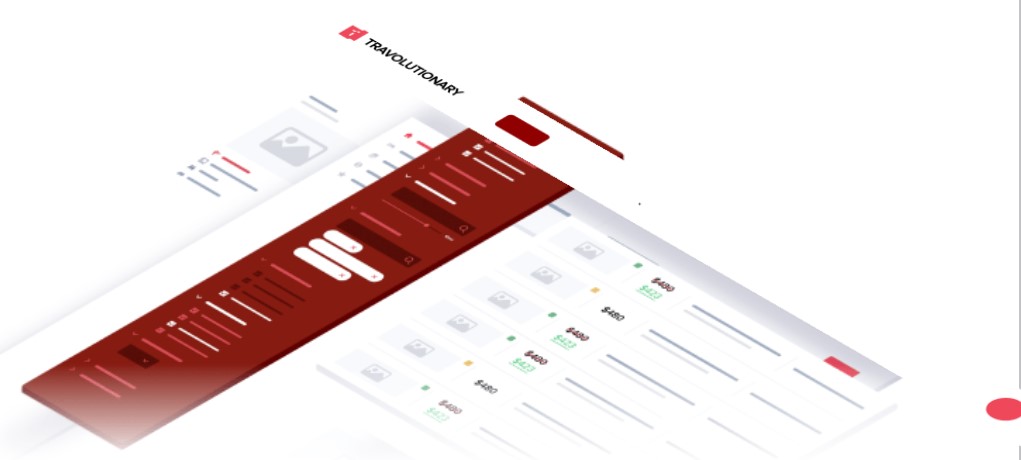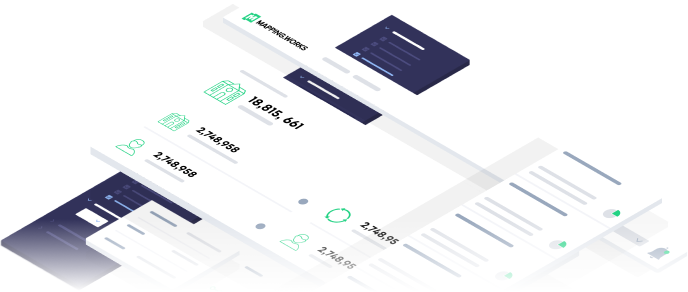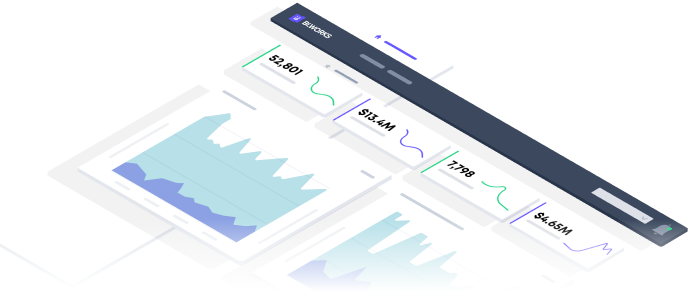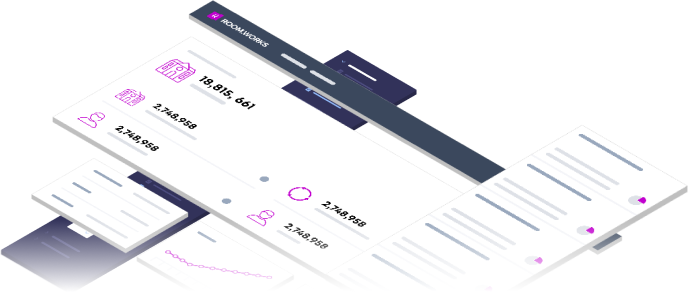What is a Granular Business Rules Engine?
A Granular Business Rules Engine tailored for the travel industry incorporates specific functionalities and features to address the unique needs and challenges faced by travel businesses.
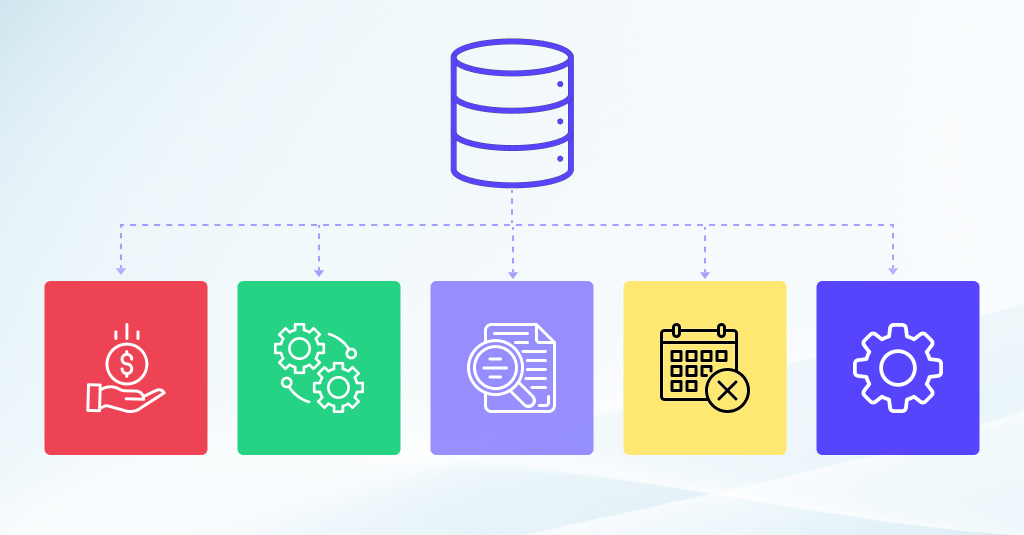
How Granular Business Rules Engine Might Be Designed
Dynamic Pricing Rules: The granular business rules engine would allow travel companies to define dynamic pricing rules based on factors such as demand fluctuations, seasonality, competitor pricing, and customer segmentation. These rules would enable real-time adjustment of prices for flights, hotels, rental cars, and other travel services to optimize revenue.
Personalized Offer Rules: Travel companies could create personalized offer rules to tailor promotions, discounts, and package deals based on customer preferences, booking history, loyalty status, and other relevant factors. This would enhance customer engagement and conversion rates by delivering targeted offers that resonate with individual travelers.
Inventory Management Rules: The engine would include inventory management rules to optimize inventory allocation, availability, and distribution across different sales channels. This would ensure efficient utilization of hotel rooms, airline seats, tour packages, and other travel inventory to maximize revenue and minimize spoilage.
Routing and Itinerary Optimization Rules: Travel companies could define routing and itinerary optimization rules to recommend optimal travel routes, connections, layovers, and stopovers based on factors such as travel time, cost, convenience, and customer preferences. This would enhance the overall travel experience and streamline trip planning for travelers.
Cancellation and Refund Policies: The engine would support the creation of cancellation and refund policies tailored to different travel products and services, including flights, accommodations, tours, and activities. These policies would specify conditions, fees, and timelines for cancellations, modifications, and refunds, providing clarity and transparency to customers while minimizing revenue loss for travel businesses.
Compliance and Regulatory Rules: Travel companies could implement compliance and regulatory rules to ensure adherence to industry regulations, data privacy laws, taxation requirements, and contractual obligations. This would mitigate legal risks and liabilities associated with non-compliance while maintaining trust and credibility with customers and partners.
Integration with Travel Distribution Channels: The engine would seamlessly integrate with travel distribution channels such as global distribution systems (GDS), online travel agencies (OTA), metasearch engines, and direct booking platforms. This would enable consistent application of business rules across multiple distribution channels and ensure accurate pricing, availability, and booking information for travelers.
Analytics and Reporting: The engine would provide advanced analytics and reporting capabilities to track key performance indicators (KPIs), monitor rule effectiveness, and optimize rule performance over time. This would empower travel businesses to make data-driven decisions, identify revenue opportunities, and fine-tune business rules for continuous improvement.
Conclusion
By incorporating these tailored functionalities, a granular business rules engine for the travel industry would enable travel businesses to automate decision-making processes, optimize revenue management strategies, enhance customer satisfaction, and stay competitive in the dynamic and evolving travel marketplace.

